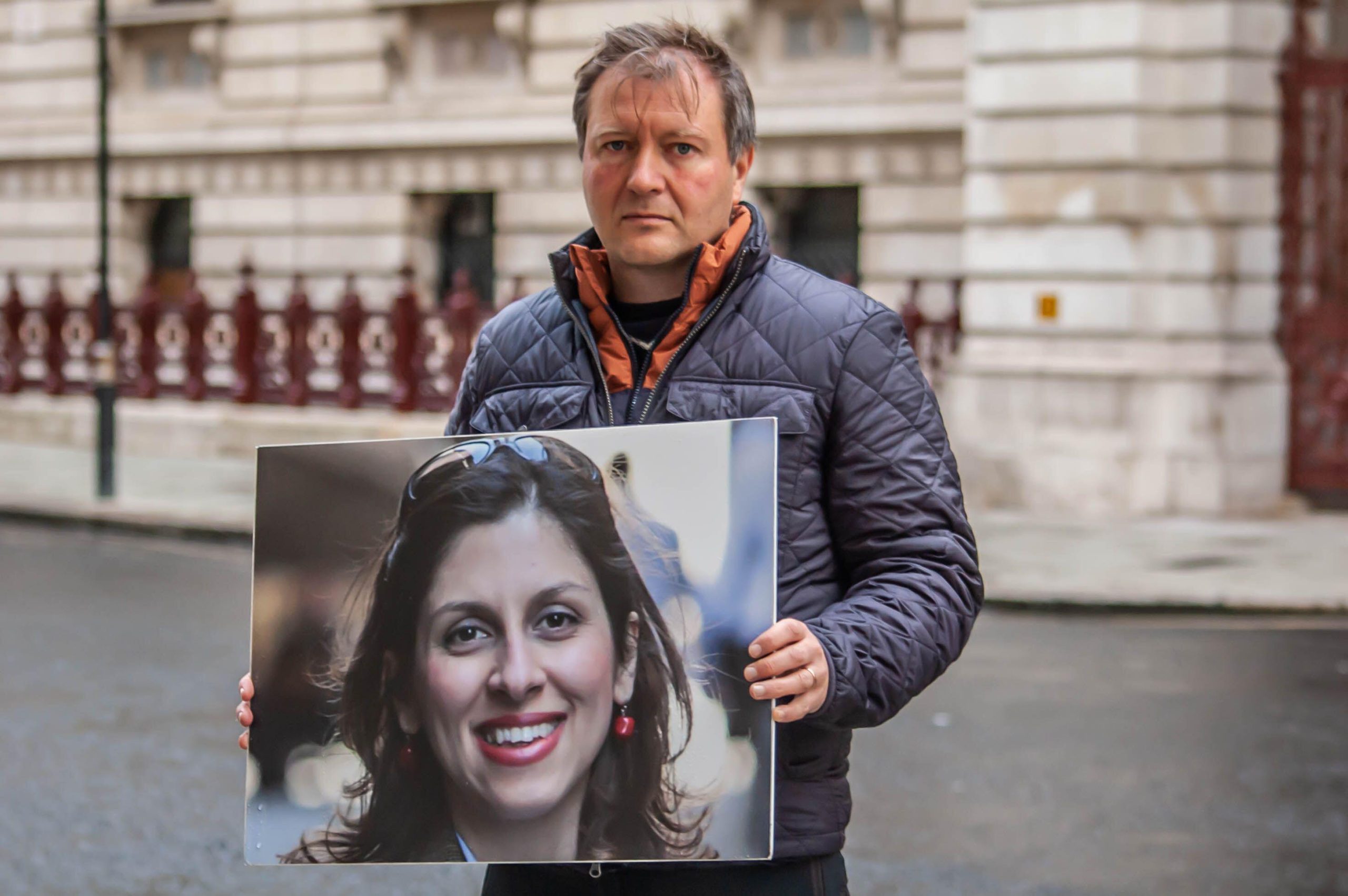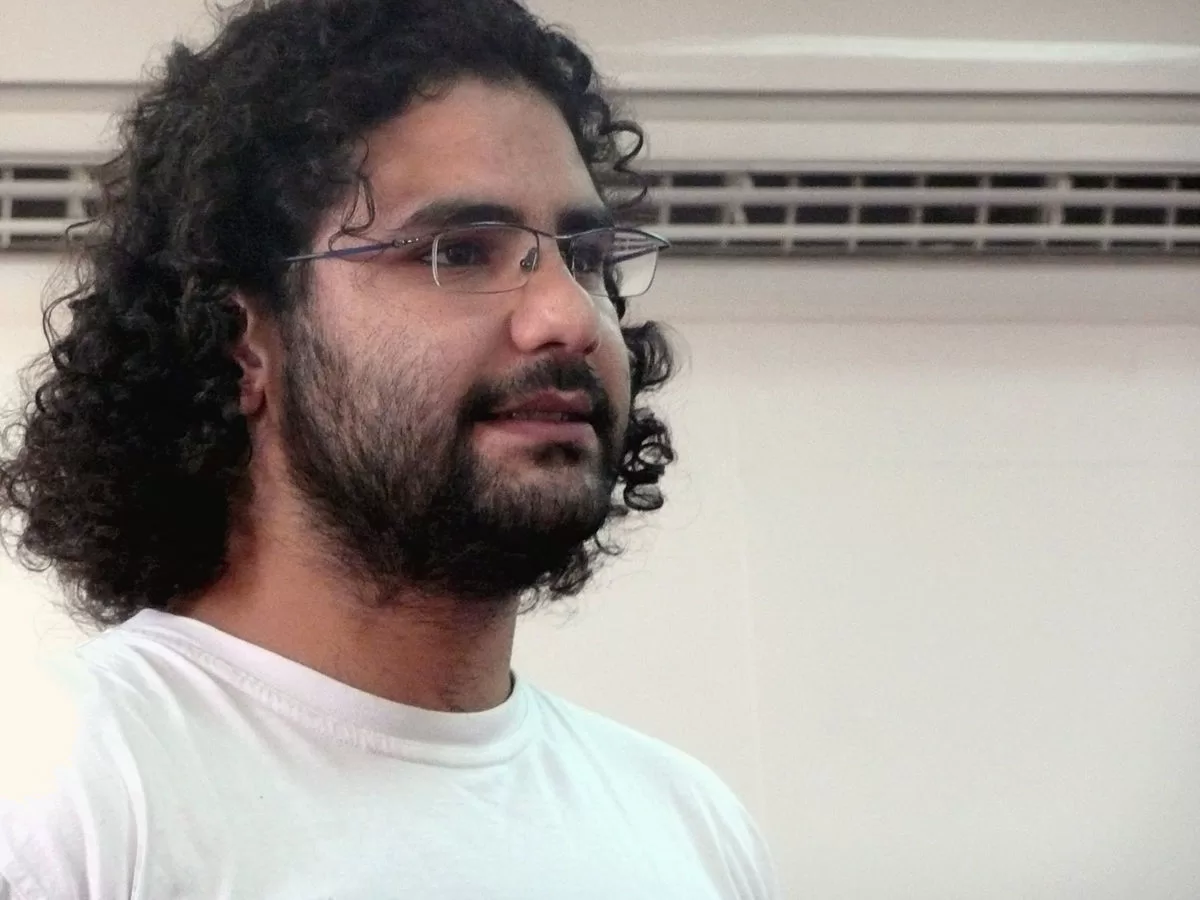Egypt is taking steps to enforce a ban on internet porn ordered by a Cairo court late last year. The ban was first ordered three years ago, but went unimplemented. This time it looks like it’s going to happen, and it won’t be cheap: the necessary filtering system will cost the country’s government 25 million Egyptian pounds (about £2.4 million).
According to Sherif Hashem, deputy head of the National Telecom Regulatory Authority, Egypt has been installing the filters since January.
Amr Gharbeia, civil liberties director for the Egyptian Initiative for Personal Rights (EIPR) told Index that, “there is very little information on Egypt’s censorship and deep packet inspection capabilities. So far, Egypt’s non-independent National Telecom Regulation Authority (NTRA) has claimed Egypt’s telecom ecosystem does not have this kind of equipment, and that it is not in its mandate as a regulator to filter content.”
News of the ban comes at a time when the country’s Islamist leadership is facing a host of post-revolution problems: Egypt’s unemployment rate has now reached 13 per cent. In the past two years the country’s foreign reserves have gone from £23.5 billion to £8.5 billion. This past weekend saw sectarian clashes outside of a Coptic Christian cathedral in Cairo, with at least eight dead, and many injured. Unsurprisingly, President Mohamed Morsi’s approval rating has reached an all-time low.
Egypt is currently negotiating a $4.8 billion IMF loan, which requires that the country decrease subsidies and increase taxes. Last month, officials announced that subsidised bread would be rationed — a decision that sparked angry protests from bakers. While this isn’t the first time that Egypt has faced protests for increased bread prices, the move flies in the face of one of the Muslim Brotherhood’s main principles: alleviating poverty.
So with all of Egypt’s social and economic woes — why enforce a costly ban on porn now? Gharbeia told Index that the Muslim Brotherhood “is caught between a rock and a hard place, and is finding great difficulty trying to appease to the more conservative currents and the more liberal groups.”
An improved filtering system might mean that Egypt could implement bans that have previously gone unimplemented, due to technical difficulties. In February, an Egyptian court ordered that YouTube be banned for 30 days, for refusing to remove anti-Islam film, the Innocence of Muslims. The ban was eventually thrown out. Gharbeia said that while a ban on the video-sharing site is “unlikely and very costly”, “it is not impossible in the future, if socially conservative powers remain in power and continue to be the majority in parliament.” Egypt has postponed parliamentary elections to October this year.
Sara Yasin is an editorial assistant at Index. She tweets from @missyasin.




